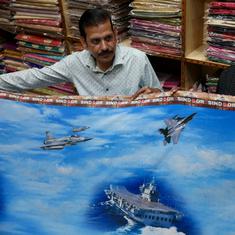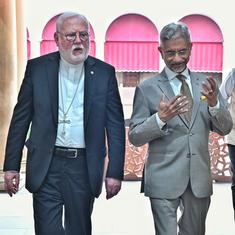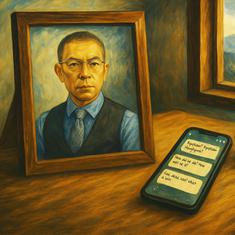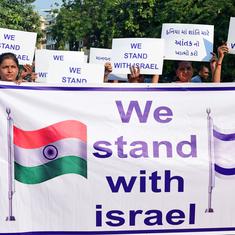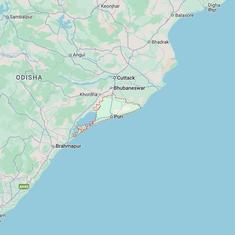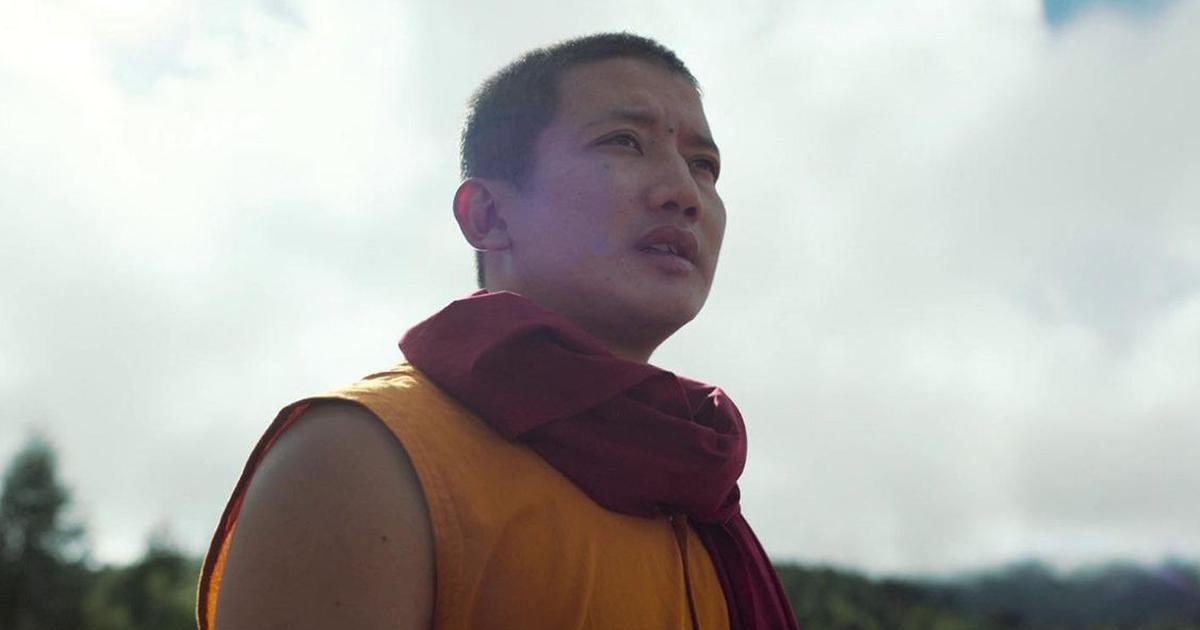Given everything that is going on in the world (Israel’s carnage in Gaza, Russia’s never-ending invasion of Ukraine, America’s war on itself), the anti-violence message of The Monk and the Gun (2023) seems naive. But better that than cynical.
Bhutanese director Pawo Choyning Dorji’s film takes place against the backdrop of the Himalayan kingdom’s first democratic election. A mock election is taking place to train citizens in democracy. They are instructed to choose between three fictitious parties.
Blue symbolises freedom and equality. Red represents industrial development. Yellow preserves the status quo. Government officials earnestly get to work, but the people are sceptical. Look at our neighbour India – they are pulling each other’s beards and throwing chairs at each other, one man observes.
Meanwhile, an elderly monk asks his disciple to fetch him guns. The country is changing, the monk laments. The younger monk doesn’t know even what a gun looks like. But he is bound to serve his master, and so he sets out to look for the weapons. In the third strand, an American turns up in Bhutan to buy an antique rifle.
These intersecting stories provide a fascinating glimpse into a sheltered country’s tentative steps towards an imported value system. The film is a charmer, folding into a cheeky satire about democracy a philosophical inquiry into the merits of Western modernity.
Director Dorji, who has previously made Lunana: A Yak in the Classroom, sprinkles wry humour, sly critique and Buddhist wisdom over his story. The observational drama features a mix of professional and non-professional actors.
Democracy might promise equality for all, but it’s flawed in several ways too. Already, the mock election is turning neighbour against neighbour.
It’s not right to pit candidates against one other, why are you teaching us rudeness, a granny wants to know. To be democratic is to be modern, one of the electoral officers says. But what is progress if it represents instruments of death, chewing gum and American films on television?
The gentle satire is available on MUBI. The Monk and the Gun has lovely performances, a playful tone and a judicious pace that allow viewers to feast on Bhutan’s unending beauty. Like Khyentse Norbu’s The Cup (1999), The Monk and the Gun seeks a middle ground between East and West, the comforts of tradition with the knowledge that change cannot be put off forever.
The extended climax is idealistic but convincing too. The meshing of ancient wisdom with a current understanding of how guns ruin civilisations is exactly the kind of simplistic but basic truth that the world needs at the moment.
Also start the week with these films:
In ‘Kottukkaali’, a silence that speaks volumes
‘Coup!’ takes potshots at the class divide
In ‘Deep Cover’, improv comedians are both joke and punchline

